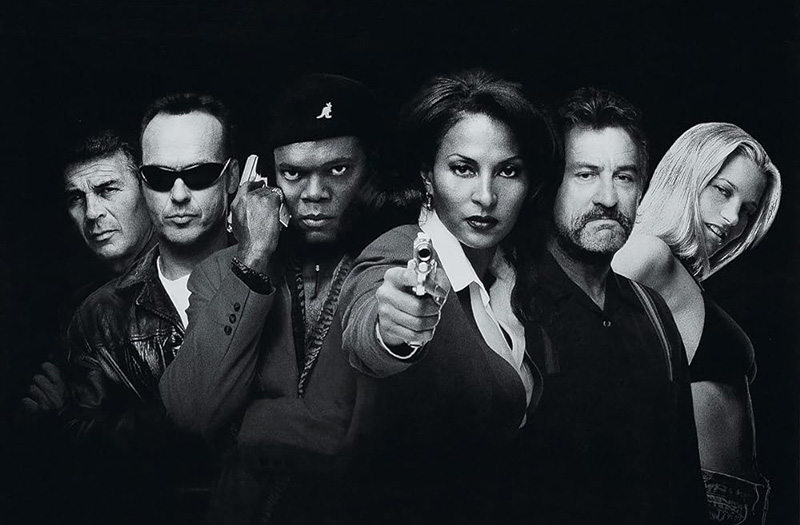
As a die-hard Tarantino enthusiast, it’s challenging to critique one of his creations. His films have been a beacon of cinematic brilliance for over two decades. Yet, “Jackie Brown,” despite its merits, remains a disappointment in his illustrious filmography.
Lackluster Pacing
Tarantino is renowned for his meticulous pacing, using it as a tool to let scenes unfold naturally and characters to evolve. However, “Jackie Brown” seems to overextend this approach, causing the film to lag in moments that should have been electric.
The signature tension we anticipate from Tarantino’s narratives feels diluted here, making its 154-minute duration feel more protracted than it should.
Contrastingly, “The Hateful Eight” serves as a prime example of how Tarantino can maintain audience engagement, even in longer films. Despite its extended runtime, the film captivates with its intense character dynamics, a gripping storyline, and his signature dialogue flair.. This level of engagement is regrettably absent in “Jackie Brown.”
A Story Without Heart
Jackie’s plan to outsmart Ordell and walk away with the cash unfolds too smoothly. There’s a glaring absence of genuine conflict, making her journey feel tepid.
From the moment Jackie Brown sets her mind to taking out Ordell, everything she does works without a hitch. Watch the movie again, and you’ll see there’s no real conflict for Jackie outside of her love interest in Max Cherry.
Even then, that factored into her plan. This flawless execution, while admirable, removes the tension and unpredictability that we expect from a Tarantino film. Jackie just gets her way, and that’s the end of it. It’s no wonder many find it lacking in excitement.
Character Disconnect
Tarantino’s strength has always been his character work. Yet, in “Jackie Brown,” this magic is missing. Characters like Max Cherry, Ordell, and even the usually captivating DeNiro, feel flat. Their actions and motivations lack depth, making it hard for viewers to suspend disbelief or find any relatability.
Jackie Brown”delves into the histories of characters like Louis and Ordell, but these backstories don’t add value to the narrative. Instead, they bloat the film, making it feel longer and more tedious.
The Tarantino Touch, But Not Quite
From the outset, “Jackie Brown” promises a classic Tarantino experience. The story, adapted from Elmore Leonard’s “Rum Punch,” is right up Tarantino’s alley. The modern Blaxploitation vibe, the ’70s-inspired wardrobe, and the undeniably fantastic soundtrack set the tone. Yet, beneath this surface-level allure, the narrative feels hollow.
Where’s the signature Tarantino flair? The sharp dialogues, the unexpected twists, the iconic scenes that stay with you long after the credits roll? Jackie Brown feels like Tarantino on a leash, restrained and muted.
The Soundtrack Doesn’t Save It
While the film boasts a fantastic soundtrack, with gems from the ’70s that perfectly encapsulate the mood, it’s not enough to elevate the overall experience. A great playlist can’t mask a lackluster plot.
While “Jackie Brown” showcases some classic Tarantino elements, it fails to deliver the depth, character connection, and narrative engagement we’ve come to love from his films. It’s a reminder that even the greats have their off days. And for me, “Jackie Brown” is just that – an off day for Tarantino.

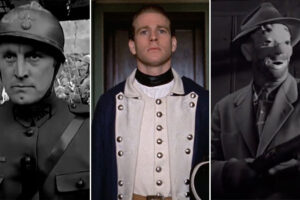
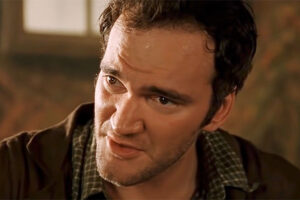
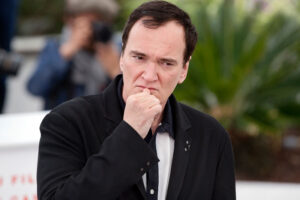

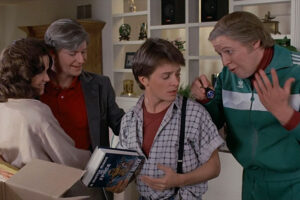
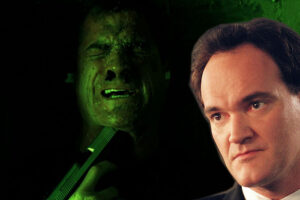
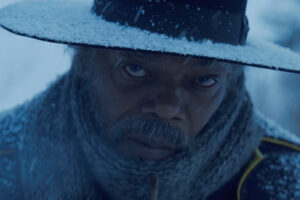
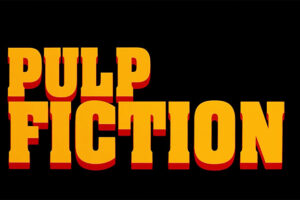

Leave a Reply